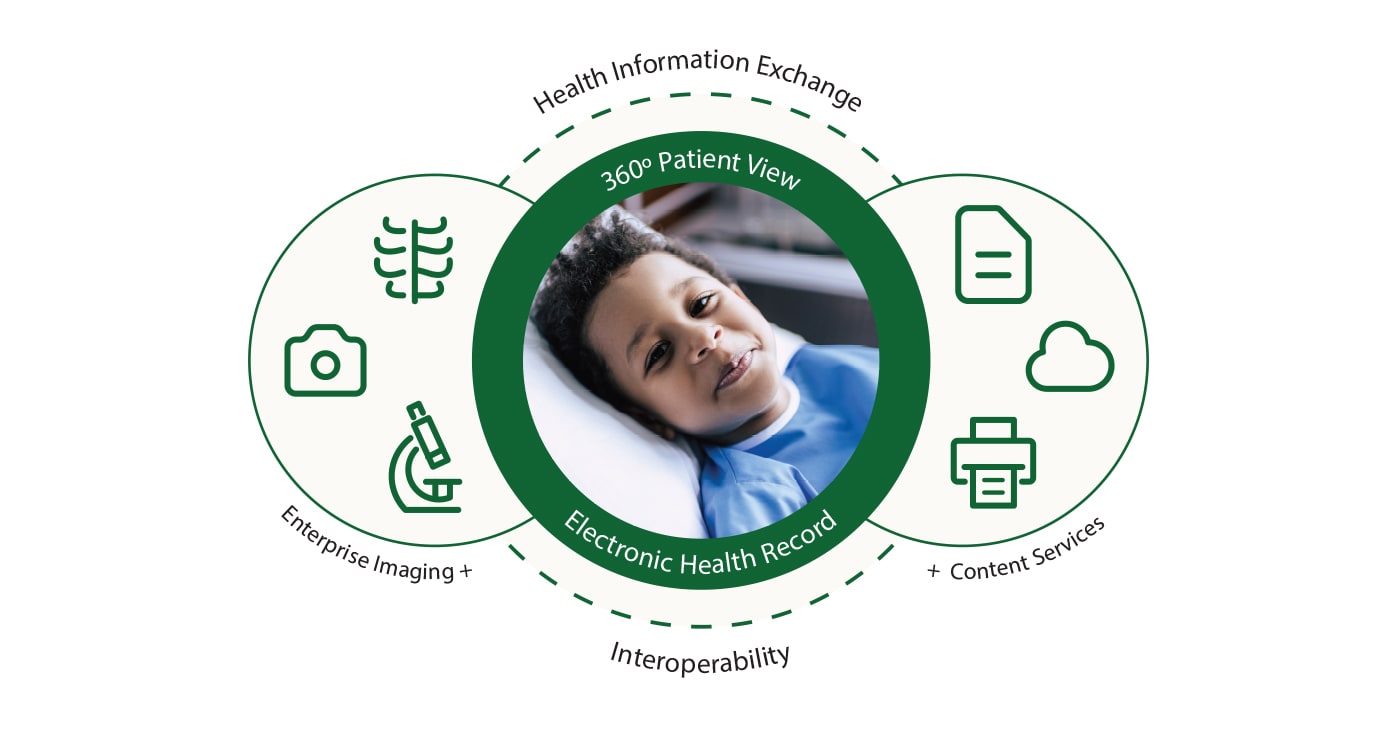Healthcare RCM: Enhance Revenue Cycle Monitoring for Better Outcomes
Healthcare RCM: Enhance Revenue Cycle Monitoring for Better Outcomes
Blog Article
Understanding the Function of Medical Care RCM in Enhancing Economic Efficiency and Individual Satisfaction
Browsing the details of Health care Income Cycle Monitoring (RCM) is vital for achieving optimal monetary performance while at the same time raising individual contentment. RCM's capacity to enhance billing, make certain specific coding, and accelerate claims refining stands as a cornerstone of modern-day health care procedures. Nevertheless, the nuanced interplay between these elements warrants a more detailed assessment to totally value their effect on both medical care service providers and patients. As we check out the transformative capacity of RCM, inquiries concerning its tactical application and future improvements bid, encouraging insights that could redefine market standards and client experiences alike.

Key Elements of RCM
In the complicated landscape of medical care, Income Cycle Monitoring (RCM) is pivotal in ensuring financial security and functional performance. Patient enrollment and eligibility confirmation are foundational steps, making sure that precise individual information is caught and insurance protection is confirmed prior to solutions are rendered.

Charge capture is an additional crucial component, entailing the accurate recording of services given to individuals. It ensures that all billable services are made up, thereby taking full advantage of profits capacity. Simultaneously, medical coding translates patient experiences into standard codes, which are vital for invoicing and regulatory conformity.
Cases entry and monitoring adhere to, including the preparation and entry of insurance claims to payers. This process calls for thorough interest to detail to reduce mistakes and protect against delays. Rejection monitoring is a positive method to settle and deal with refuted insurance claims, securing income streams.
Finally, payment publishing and individual collections complete the cycle, making sure repayments are precisely tape-recorded and impressive equilibriums are sought. Together, these elements develop a robust structure that sustains the operational and economic health and wellness of healthcare organizations.
Impact on Financial Efficiency
Effective Revenue Cycle Management (RCM) substantially affects a medical care company's economic efficiency by enhancing money flow and reducing profits leak. RCM encompasses the detailed payment and collection processes that make certain doctor efficiently handle their monetary purchases from patient enrollment to final payment. By improving these procedures, organizations can lessen rejected claims, quicken settlement cycles, and boost overall monetary health and wellness.
Financial performance is improved with precise monitoring of payment procedures, which involves accurate coding and prompt entry of claims. This decreases the likelihood of claim denials and beings rejected, which can considerably hinder earnings flow if not attended to without delay. In addition, incorporating innovative modern technology remedies promotes real-time monitoring of claims and monetary metrics, giving healthcare administrators with the devices essential to make educated tactical decisions.

Enhancing Individual Satisfaction
While maximizing monetary performance is a key goal of Revenue Cycle Monitoring (RCM), it additionally plays a critical function in improving person go to these guys satisfaction. Individuals today demand transparency, performance, and accuracy in their health care interactions. RCM systems enhance these procedures, offering clients a smooth experience from appointment scheduling to repayment. By decreasing management burdens, RCM allows doctor to concentrate much more on individual treatment, which directly improves individual complete satisfaction.

RCM also improves person fulfillment via reliable interaction. By keeping a detailed database of individual info, RCM assists in enhanced communication between individuals and doctor, guaranteeing clients feel notified and valued. This openness and access cultivate a positive person experience. Overall, efficient RCM application not just improves economic results however also dramatically adds to a patient-centered medical care environment.
Approaches for Reliable RCM
Achieving reliable Earnings Cycle Management (RCM) requires health care companies to execute a set of critical techniques that guarantee financial security and functional performance. One essential method is the fostering of technology-driven remedies, such as integrated software systems that check here improve billing processes, lower errors, and enhance information accuracy. These systems make it possible for real-time monitoring of economic metrics, permitting for prompt identification and correction of ineffectiveness.
Another strategy is the standardization of processes across the earnings cycle. Healthcare RCM. This includes establishing consistent plans for individual registration, insurance policy verification, and asserts processing. By ensuring that all personnel stick to these standards, companies can minimize discrepancies and accelerate settlement collections
Staff training and development likewise play a pivotal role in effective RCM. Trained workers can successfully navigate intricate invoicing treatments and guidelines, improving and lowering rejections money flow. Regular updates on policy adjustments and best practices aid keep a competent and educated labor force.
Future Trends in RCM
As medical care companies boost their Income Cycle Management (RCM) strategies with innovation and standardized processes, interest is currently turning towards the future trends shaping this critical area. One considerable pattern is the combination of expert system (AI) and machine understanding to automate complex tasks, such as claims refining and predictive analytics. These innovations are anticipated to lower errors, speed up transaction times, and provide data-driven insights for much better decision-making.
In addition, the shift towards value-based treatment remains to influence RCM methods - Healthcare RCM. Doctor are expected to progressively focus on client results and complete satisfaction, necessitating RCM systems that can accommodate new reimbursement designs. This shift will certainly need even more detailed information collection and analysis to effectively report and measure on efficiency metrics
Interoperability is another emerging concern, as smooth information exchange between inconsonant systems becomes crucial. Enhanced interoperability will facilitate even more exact client info sharing, minimizing administrative concerns and enhancing the person experience.
Conclusion
Medical Care Profits Cycle Administration (RCM) dramatically affects both monetary efficiency and patient contentment by enhancing billing processes, making certain specific coding, and making it possible for punctual claims entry. Reliable RCM lessens profits leak and speeds up cash money flow, decreasing case denials and accelerating repayments.
Browsing the details of Health care Income Cycle Monitoring (RCM) is vital for achieving optimal monetary efficiency while simultaneously boosting individual contentment. RCM includes the thorough invoicing and collection procedures that make sure medical care providers successfully handle their monetary deals from patient enrollment to final settlement. By reducing management worries, RCM allows health care suppliers to focus more on individual care, which straight enhances client satisfaction.
By maintaining a comprehensive data source of person details, RCM facilitates enhanced communication in Visit Website between people and medical care companies, guaranteeing clients really feel notified and valued.Medical Care Profits Cycle Monitoring (RCM) dramatically influences both financial efficiency and person complete satisfaction by maximizing payment procedures, ensuring accurate coding, and making it possible for punctual insurance claims entry.
Report this page